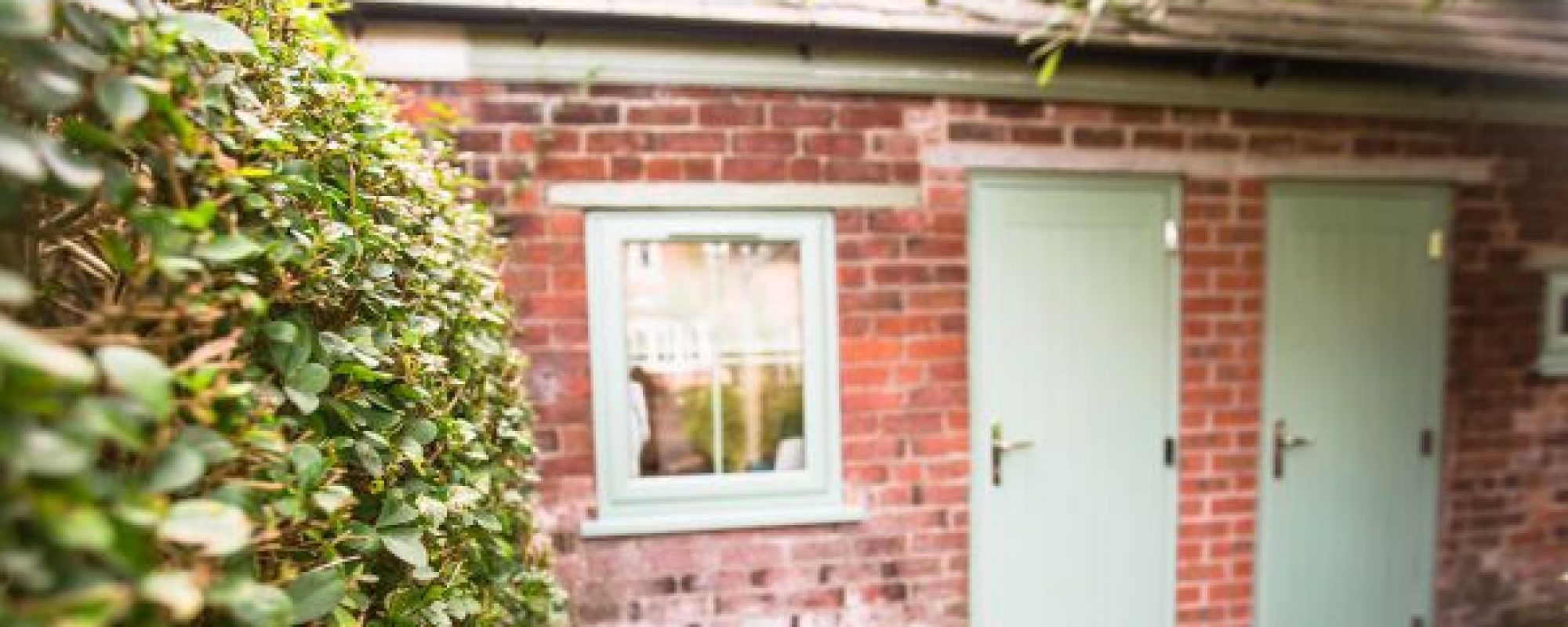The most important thing to know about the menopause is prevention, so if you are a woman in your midlife, getting the support and balance you need will help you in your menopausal years. This blog aims to explains the menopause in Traditional Chinese Medicine (TCM) terms, and gives indicators on how you can support yourself as well as receiving treatments in-clinic.
As a therapist with a predominantly female clientele, and a 40-something woman myself, I have a particular interest in this subject. Many women suffer with the two main symptoms of menopause: hot flushes and dryness (an excess of heat and a lack of moisture). In addition to these symptoms, women can also feel emotionally unstable, have difficultly sleeping and concentrating, experience frequent headaches, feel lethargic and tired, irritable, anxious, depressed and nervous.
Although the menopause usually comes at around the age of 50, the decline in the ovarian follicles and in oestrogen occurs throughout our lives. The number of follicles at birth has already halved by puberty, and continues to decline up to the menopause. Thus the menopausal symptoms can start to appear at an earlier stage in life, so we are never too young to take notice.
In TCM, from our conception, our Kidneys store our vital life essence (Jing). Jing circulates over long periods, dominating our developmental stages (usually 7 year cycles in women and 8 year cycles in men). Our Kidneys dominate growth and reproduction. They also dominate water metabolism and bone, and produce marrow (brain). So you can see that our Kidney energy is very important in not only giving us our life force and will-power, it also governs our reproductive systems, and works closely with the lungs to moisten the body, as well as strengthens our skeletal system. These are all closely linked to common health problems in women (osteoporosis, dryness, infertility, irregular menstrual cycles and fatigue to name a few).
Thinking about menopause, anything that will weaken our Kidney energy is going to have an impact on our menopause. Our busy modern day lives seem to dictate a very stressful way of living. For example, parents going out to work as well as looking after children will often feel overwhelmed and unrested, causing tiredness, fatigue and irritability. Smoking will “burn fluids” and dry out moisture. Irregular diets high in beige carbs, processed foods and sugars will create “phlegm” (this is a TCM term for thick stagnation). Too much tea, coffee and alcohol is very “yang” in nature and therefore will add heat to the body and thus aggravate symptoms such as hot flushes. Not enough fluid/water intake will have an effect on moisture levels. Emotional stress will also deplete Kidney energy.
As women, we need to create space in our lives to allow balance. We need to replenish our Kidney energy with enough rest between busy times, we need to eat and drink in moderation and eat well; foods that are nutrient dense and foods that add moisture. Drink enough fluids. Only do what we can comfortably do and don’t over stretch ourselves. If we do all of this then we will naturally regulate our day-to-day emotional stresses, but anything lying deeper should be dealt with and not “carried” as this will also deplete the Kidneys, as well as create excess Heart energy adding fire/heat, exacerbating hot flushes, irritability and dryness.
If you are interested in receiving some acupuncture or reflexology sessions please contact me directly for an initial chat.
If you are looking for fertility support in Lancashire please get in touch.
Jackie Marsden is a Reflexologist, Acupuncturist and Foot Reading Practitioner, based at Elder Cottage Clinic, Warton, Preston, PR4. She is a full member of the Association of Reflexologists.





